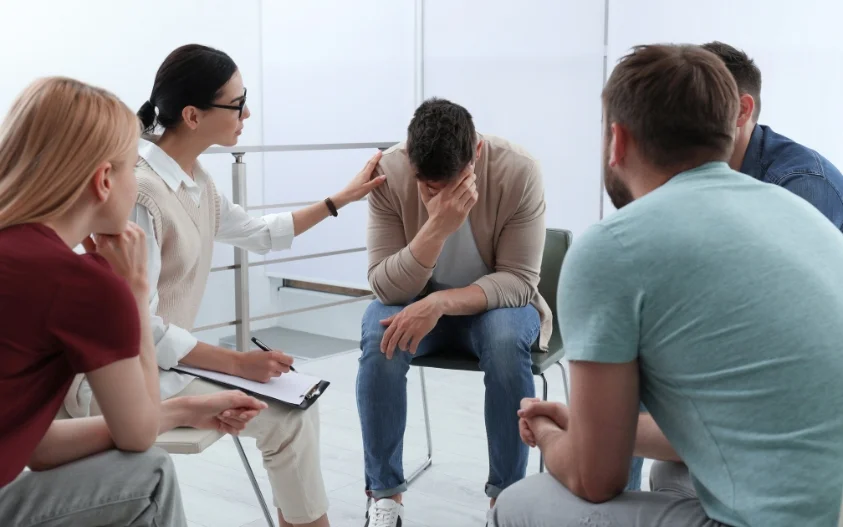24/7 Helpline:
(866) 899-221924/7 Helpline:
(866) 899-2219
Learn more about Codeine Rehab centers in Madison County

Other Insurance Options

PHCS Network

UnitedHealth Group

Providence

Health Partners

MVP Healthcare

Choice Care Network

CareSource

Oxford

Ceridian

Cigna

Evernorth

Group Health Incorporated

American Behavioral

Amerigroup

Sliding scale payment assistance

GEHA

Molina Healthcare

Optum

Multiplan

Aetna

Tueller Counseling Services
Tueller Counseling Services is a private rehab located in Rexburg, Idaho. Tueller Counseling Service...

South Fork Services
South Fork Services is a private rehab located in Rexburg, Idaho. South Fork Services specializes in...

Ostermiller Counseling
Ostermiller Counseling is a private rehab located in Rexburg, Idaho. Ostermiller Counseling speciali...

Rexburg Counseling
Rexburg Counseling is a private rehab located in Rexburg, Idaho. Rexburg Counseling specializes in t...

Centerpoint Counseling
Centerpoint Counseling offers therapy for a wide variety of behavioral health issues. Centerpoint Co...



















